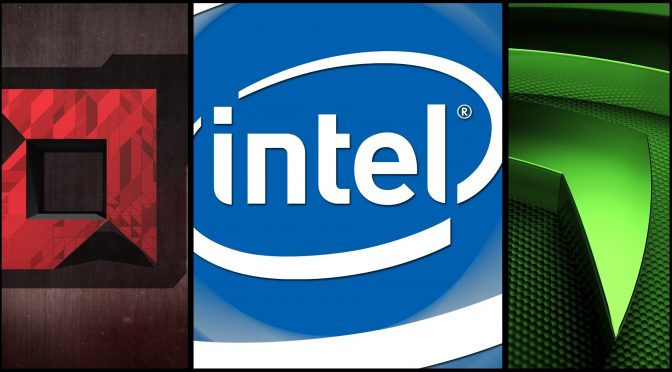Yesterday, a lot of AMD fans were celebrating as it was discovered that Intel’s CPUs were affected by a fundamental design flaw (codenamed ‘Meltdown‘). And while this issue has been addressed by Microsoft and Intel, another design flaw has surfaced that affects all CPUs. Codenamed ‘Spectre‘, this security threat can affect old-gen and current-gen consoles, handhelds, smartphones, and PC systems using both Intel’s and AMD’s CPUs.
While Spectre is more difficult to exploit than Meltdown (the design flaw that affected Intel’s CPUs), it affects every modern CPU and there is currently no fix for it. This basically means that both Intel and AMD will have to completely change the architecture of their future processors in order to fix it on a hardware level.
Spectre breaks the isolation between different applications. It allows an attacker to trick error-free programs, which follow best practices, into leaking their secrets. Contrary to Meltdown, Spectre tricks other applications into accessing arbitrary locations in their memory.
We don’t know what Microsoft, Intel, Sony, Nintendo and AMD will do in order to resolve this security issue. According to Google, it is possible to prevent specific known exploits based on Spectre through software patches. However, this may result in an additional performance hit once and if such a patch comes out. Furthermore, this potential performance hit will affect all platforms, both consoles and PC systems.
Right now Microsoft has only issued a security fix for Meltdown and there hasn’t been any software patch for Spectre!

John is the founder and Editor in Chief at DSOGaming. He is a PC gaming fan and highly supports the modding and indie communities. Before creating DSOGaming, John worked on numerous gaming websites. While he is a die-hard PC gamer, his gaming roots can be found on consoles. John loved – and still does – the 16-bit consoles, and considers SNES to be one of the best consoles. Still, the PC platform won him over consoles. That was mainly due to 3DFX and its iconic dedicated 3D accelerator graphics card, Voodoo 2. John has also written a higher degree thesis on the “The Evolution of PC graphics cards.”
Contact: Email

